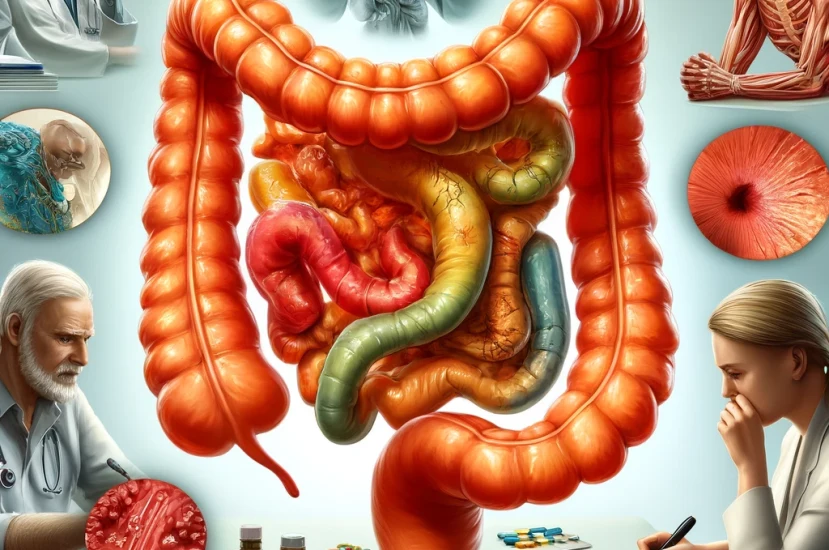Gastrointestinal (GI) tract disorders are among the most prevalent health issues worldwide, with an estimated 95% of the population having experienced some form of these diseases. Given the GI tract’s crucial role in providing the body with essential nutrients, vitamins, and elements, its proper functioning is vital for overall health. In this article, we will delve into the various types, causes, and symptoms of GI tract disorders, as well as the available treatment options.
Types of GI Tract Pathologies
The GI tract is a complex system consisting of several components, each of which is susceptible to various diseases and disorders. The classification of these pathologies is relatively straightforward:
Based on location:
- Diseases of the stomach
- Diseases of the esophagus
- Diseases of the large and small intestine
- Diseases of the bile ducts and liver
Based on cause:
- Infectious nature
- Non-infectious nature
Based on severity:
- Acute form
- Moderate form
Causes
Several factors contribute to the development of GI tract disorders:
- Poor nutrition or food poisoning: Inadequate, excessive, or unhealthy food consumption, as well as a diet deficient in essential elements or fiber, can lead to various GI tract pathologies.
- Chronic and acute stress: Prolonged stress and depression can disrupt the GI tract’s normal functioning, often resulting in indigestion and other disorders.
- Smoking and alcohol abuse: These habits can interfere with the GI tract’s normal microflora and digestive processes, while also negatively affecting the immune and endocrine systems.
- Obesity: Often caused by metabolic disturbances, obesity can directly impact the GI tract’s functioning.
- Environmental factors: Deteriorating environmental conditions can affect the quality of the food we eat, the water we drink, and the air we breathe, all of which can impact the GI tract’s function.
- Genetic predisposition: Some individuals may be more susceptible to gastrointestinal diseases due to their genetic makeup.
- Low physical activity and poor personal hygiene: Both factors can contribute to the development of GI tract disorders.
Symptoms
The symptoms of GI tract disorders are diverse, but some are common to many diseases:
- Heartburn
- Belching
- Nausea and vomiting
- Flatulence
- Loose stool
- Sharp weight loss
- Loss of appetite
- Stomachache
- General weakness
Treatment
Treatment options for GI tract disorders typically include:
- Drug therapy
- Dietary modifications
- Physiotherapy
- Surgical intervention (in severe cases)
- Medical therapy
Understanding the various types, causes, and symptoms of GI tract disorders, as well as the available treatment options, can empower you to take control of your gastrointestinal health and make informed decisions about your well-being.



